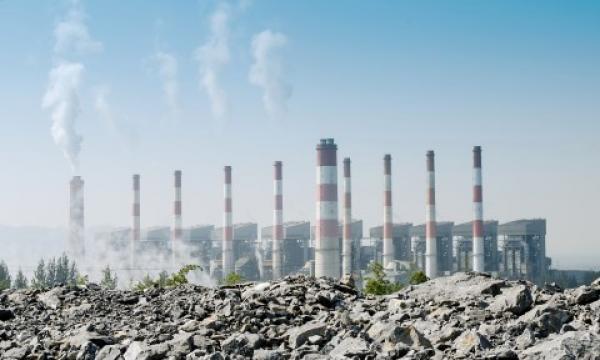
The South Korean government is backing a $2 billion bailout of the country’s biggest coal plant manufacturer, despite promises to end coal financing.
State-owned Korea Development Bank (KDB) and the Export-Import Bank of Korea, the country’s export credit agency, have agreed the package of emergency loans for Doosan Heavy Industries & Construction over the last month.
Campaigners have expressed concerns the loans would incentivise Doosan Heavy to sell more coal plants to other countries, locking in high carbon emissions. On Tuesday, four environmental groups filed a request for an audit into the bailout.
They say no social or environmental conditions have been attached to the relief, which amounts to more than double the company’s market capitalisation of less than $1 billion.
The bailout is a response to a liquidity crisis that has been exacerbated by the global fall in coal demand caused by the coronavirus pandemic. But the company’s credit rating was downgraded and its share price collapsed before the Covid-19 outbreak.
The bailout stands in contradiction with Green New Deal plans outlined by South Korea’s ruling Democratic Party to achieve carbon neutrality by 2050. Under the plan, the party promised to phase out domestic and overseas coal financing by public institutions.
Guest post from Climate Home News





